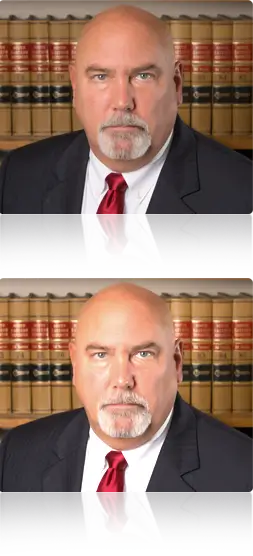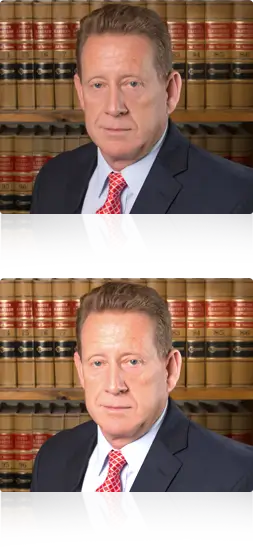How Social Media Can Affect Your Personal Injury Case

After an accident, it’s natural to want to keep friends and family updated on your recovery, and social media often feels like the easiest way to do that. Posting photos, sharing updates, or commenting about your situation may seem harmless. However, if you’re pursuing a personal injury claim in West Virginia, what you post online can have a significant impact on your case, and not always in a helpful way. Insurance companies and defense lawyers increasingly monitor social media accounts to find evidence they can use to challenge an injured person’s credibility or minimize the value of their claim.
At Burke, Schultz, Harman & Jenkinson, we often advise our clients to be extremely cautious with social media while their case is pending. Understanding the risks and how to avoid them can help you protect your claim and maximize your chances of recovery. To discuss any questions you may have after an accident or injury in West Virginia, contact our office to discuss your situation with our team of experienced and knowledgeable Martinsburg personal injury lawyers.
Social Media as Evidence
Anything you post online is potentially discoverable in a personal injury case. This means that even if your privacy settings are locked down, opposing attorneys may be able to gain access to your posts during the discovery process. Courts often permit this because social media content is considered a form of evidence, just like emails, text messages, or photographs.
Posts, comments, and photos can easily be taken out of context. For example, a picture of you smiling at a family event could be used to suggest you are not experiencing the level of pain and suffering you claim. A casual status update about “feeling better” could be twisted into evidence that your injuries are not as serious as you allege.
Common Mistakes That Can Hurt Your Claim
While every case is different, there are several ways social media can undermine a personal injury claim:
-
Photos and videos that contradict your injuries: A picture of you hiking, exercising, or even carrying groceries can be used to argue that your injuries are exaggerated, even if the photo doesn’t reflect your actual condition or limitations.
-
Posts about the accident: Statements you make about how the accident happened may be compared against your official statements. Even an innocent mistake or unclear wording could be used to challenge your credibility.
-
Comments from friends or family: Well-meaning remarks such as “Glad you’re okay!” can be taken out of context to downplay the severity of your injuries.
-
Check-ins or location tags: Being tagged at a party, concert, or other social event could be used to argue that your injuries are not interfering with your life as much as you claim.
Because of these risks, it’s best to avoid posting altogether until your case is resolved.
Protecting Your Claim
The safest approach during a personal injury case is to minimize your social media activity and carefully consider how anything you post could be perceived. Some practical tips include:
-
Avoid discussing your case online. Never share details about your injuries, medical treatment, or legal strategy.
-
Be cautious with photos. Even seemingly innocent pictures can be misinterpreted.
-
Limit your activity. Consider pausing your social media use entirely while your case is ongoing.
-
Ask friends and family to refrain from posting about you. Even posts you’re not tagged in may become part of your case.
-
Review your privacy settings. While nothing is completely private online, stronger privacy controls can help limit access.
Remember, once something is posted, it’s difficult—if not impossible—to erase. Defense attorneys often take screenshots or save content before you can remove it. Also, removing posted content that may be considered evidence in litigation may be a violation of court rules that can harm your case and create additional adverse consequences, which is another reason why it’s usually better to refrain from posting in the first place.
Why Legal Guidance Is Essential
Personal injury cases often come down to credibility. Insurance companies look for any opportunity to argue that an injured person is overstating their condition or is partly to blame for the accident. Social media offers them a powerful tool to build that argument.
At Burke, Schultz, Harman & Jenkinson, we know how insurers operate and how they use social media to undermine claims. We counsel our clients on best practices from the beginning of their case and take proactive steps to protect them against unfair tactics. By working with experienced attorneys, you can avoid mistakes that could cost you valuable compensation.
Talk to an Experienced West Virginia Personal Injury Lawyer at Burke, Schultz, Harman & Jenkinson in Martinsburg
If you’ve been injured due to someone else’s negligence, don’t let a social media misstep jeopardize your claim. At Burke, Schultz, Harman & Jenkinson, we have decades of experience representing injury victims in Martinsburg and throughout West Virginia. We will guide you through the legal process, advise you on how to protect your rights, and fight for the compensation you deserve. Contact us today for a free consultation to find out how we can help.





